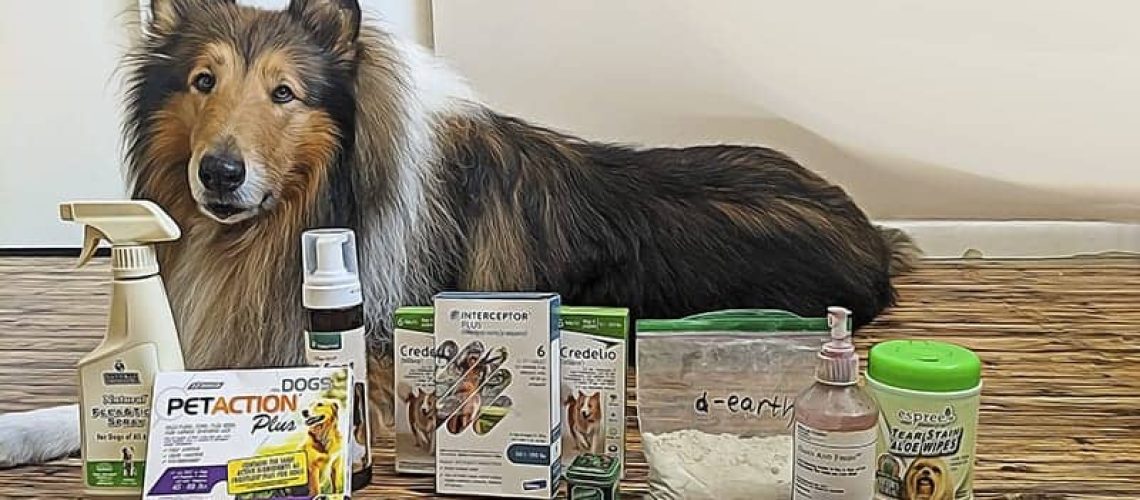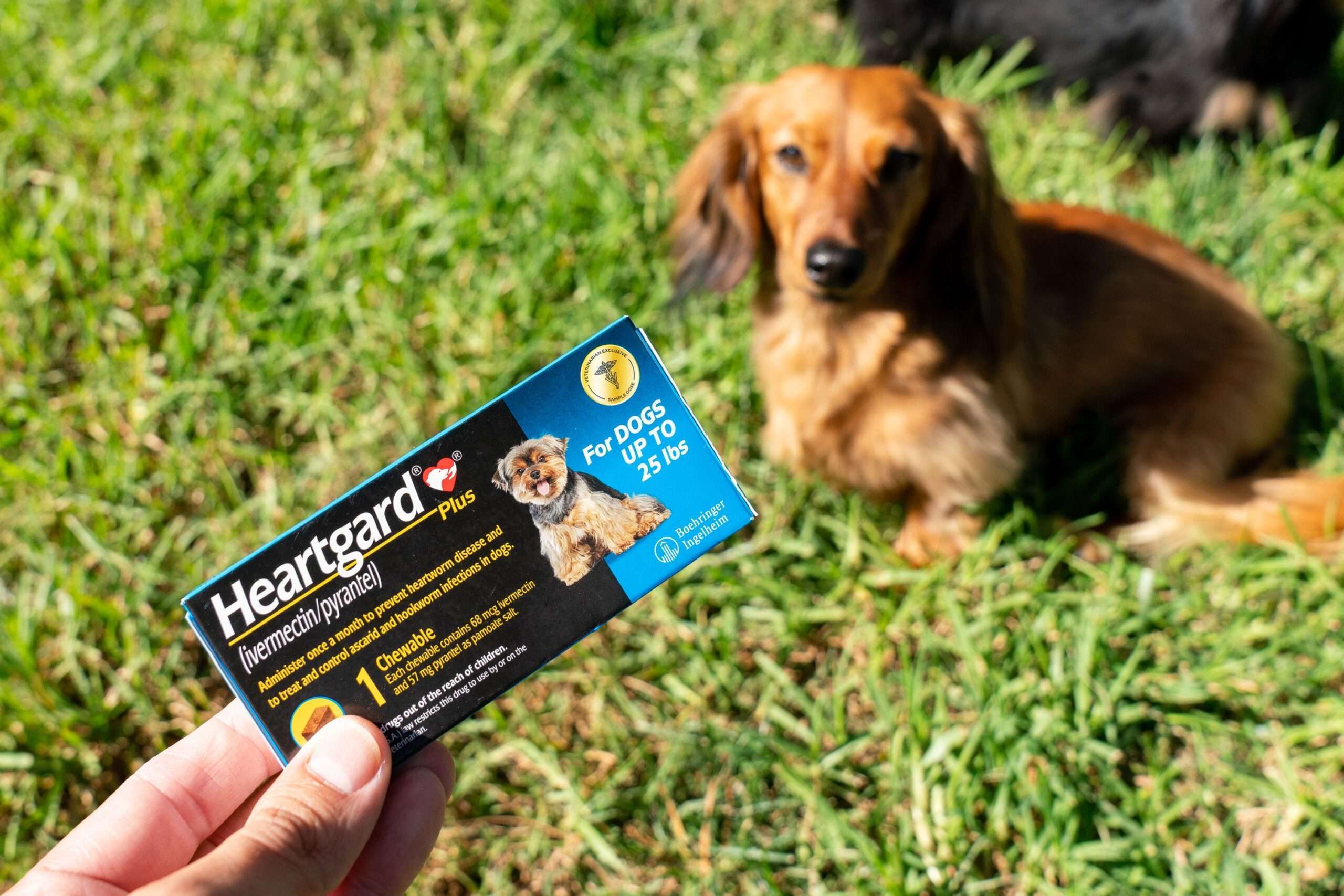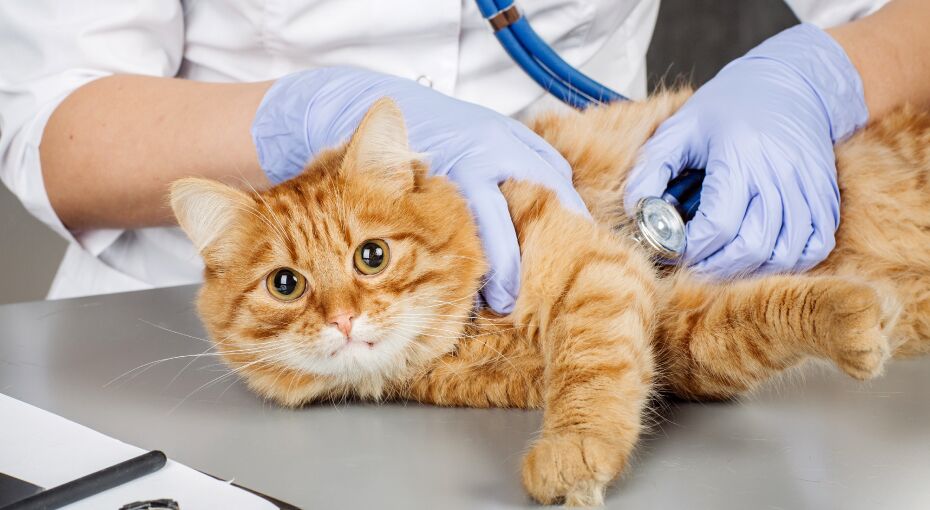Key Takeaways:
- Ivermectin can be toxic to Collies and other herding breeds.
- Collies have a genetic mutation that makes them more sensitive to the effects of Ivermectin.
- Administering Ivermectin to Collies can lead to severe neurological side effects, including seizures and even death.
- It is important for owners of Collies and other herding breeds to inform their veterinarians about the breed's sensitivity to Ivermectin.
- There are alternative medications available that are safe for use in Collies and other herding breeds.
Attention all dog lovers and owners! Are you curious about the fascinating world of veterinary medicine? Have you ever wondered if the popular antiparasitic drug, ivermectin, can be safely given to your beloved Collie? If so, you're in for a treat! In this article, we will explore the potential risks and benefits of administering ivermectin to Collies. Understanding this topic is essential for any responsible pet owner who wants to ensure the well-being of their furry friend. So, let's dive right in and uncover the truth about ivermectin and its compatibility with Collies. Get ready to become an informed advocate for your four-legged companion's health!
What is Ivermectin and why is it used in animal medicine?
Ivermectin is a medication that is commonly used in animal medicine to treat and prevent various parasites such as worms, mites, and ticks. It belongs to a class of drugs called antiparasitic agents. Ivermectin works by paralyzing and killing the parasites, preventing them from causing harm to the animal.
How does Ivermectin work?
When an animal ingests or receives a dose of Ivermectin, it travels through their bloodstream to reach the parasites. Once there, it interferes with the nervous system of the parasites, causing paralysis and eventually death. This helps to eliminate the infestation and prevent further harm to the animal's health.
List of common parasites treated with Ivermectin:
- Roundworms
- Hookworms
- Heartworms
- Sarcoptic mange mites
- Demodex mites
- Ticks
Can collies safely take Ivermectin? Why or why not?
Collies are known to have a genetic mutation that makes them more sensitive to certain medications, including Ivermectin. This mutation affects their ability to process and eliminate the drug from their body properly. As a result, collies may experience toxic levels of Ivermectin in their system even at normal doses, which can lead to severe neurological side effects.
The MDR1 gene mutation:
The sensitivity of collies to Ivermectin is linked to a genetic mutation known as MDR1 (Multi-Drug Resistance 1) gene mutation. This mutation affects the function of a protein called P-glycoprotein, which is responsible for transporting drugs out of the brain and other organs. In collies with the MDR1 mutation, Ivermectin can accumulate in the brain, causing toxicity.
List of dog breeds susceptible to Ivermectin sensitivity:
- Collies
- Australian Shepherds
- Shetland Sheepdogs
- Old English Sheepdogs
- Silken Windhounds
How does Ivermectin affect the health of collies specifically?
When collies with the MDR1 gene mutation are given Ivermectin, it can lead to neurological symptoms such as tremors, disorientation, drooling, seizures, and even coma or death in severe cases. These side effects occur due to the accumulation of Ivermectin in their brain and nervous system.
Recognizing symptoms:
If a collie shows any signs of abnormal behavior or neurological symptoms after being given Ivermectin or other related medications, it is crucial to seek veterinary attention immediately. Prompt diagnosis and treatment can help prevent further complications and ensure the well-being of your pet.
What are some alternative treatments for collies if they cannot take Ivermectin?
Fortunately, there are alternative treatments available for collies that cannot safely take Ivermectin. These alternatives include using different antiparasitic medications that do not pose a risk to dogs with the MDR1 gene mutation.
List of alternative medications:
- Milbemycin oxime
- Selamectin
- Moxidectin
- Fenbendazole
These alternative medications work in similar ways to Ivermectin, targeting and eliminating parasites, but they do not have the same adverse effects on dogs with the MDR1 gene mutation.
What precautions should owners of collies take when considering medications for their pets?
If you own a collie or a dog breed susceptible to Ivermectin sensitivity, it is essential to inform your veterinarian about your dog's genetic predisposition before any treatment or medication is prescribed. This will allow the veterinarian to choose alternative medications that are safe for your pet.
It is also crucial to be cautious when administering any over-the-counter medications or supplements to your collie. Some products may contain ingredients that can be harmful to dogs with the MDR1 gene mutation. Always consult with your veterinarian before giving any new medication or supplement to your collie.
By being aware of your collie's sensitivity and taking necessary precautions, you can ensure their health and well-being while effectively treating and preventing parasites.
What precautions should owners of collies take when considering medications for their pets?
Understanding Collie Sensitivity to Certain Medications
Collies, including Rough Collies and Border Collies, have a genetic predisposition to a condition called MDR1 (Multi-Drug Resistance 1) mutation. This mutation affects the blood-brain barrier in these dogs, making them more sensitive to certain medications. It is crucial for owners of collies to be aware of this sensitivity and take necessary precautions when considering medications for their pets.
Common Medications that Can Be Harmful to Collies
Owners should be cautious when administering drugs such as ivermectin, which is commonly found in heartworm preventives and some flea treatments. Other medications like loperamide (anti-diarrheal), acepromazine (tranquilizer), and certain chemotherapy drugs can also pose risks for collies. These substances may not be effectively eliminated from the dog's body due to the MDR1 mutation, leading to potential toxicity.
To ensure the safety of your collie, it is essential to consult with a veterinarian who is knowledgeable about this breed's sensitivity. They can provide guidance on suitable alternative medications or adjust dosages accordingly.
Here are some precautions owners should take:
1. Genetic Testing: Consider getting your collie tested for the MDR1 mutation. This test will determine if your dog carries the gene variant that causes sensitivity to certain medications. Knowing your dog's genetic status can help you make informed decisions regarding their healthcare.
2. Medication History: Inform your veterinarian about any previous adverse reactions or sensitivities your collie has experienced with specific medications. This information will assist them in prescribing safe alternatives.
3. Communication with Veterinarian: Maintain open communication with your veterinarian regarding any new medications or treatments you plan to administer to your collie. They can provide valuable insights and ensure the prescribed drugs are safe for your dog's specific needs.
Remember, being aware of your collie's sensitivity to certain medications and taking appropriate precautions will help keep them healthy and prevent any potential harm.
In conclusion, it is generally not recommended to give Ivermectin to Collies or other herding breeds due to their genetic sensitivity to the drug. It is important to consult with a veterinarian for appropriate alternatives and treatments for these dogs.
Is ivermectin safe for collies?
Heartguard is a heartworm medicine that contains Ivermectin. It should never be given to a Collie or a Sheltie because between 30-50 percent of Collies have a severe reaction to Ivermectin. Susceptible Collies are unable to process Ivermectin, which leads to toxic levels of the drug in the brain.
Are collies sensitive to ivermectin?
There is a specific group of collie dogs that have a high sensitivity to ivermectin, which can lead to neurotoxicity.
What is the best heartworm medication for collies?
The Interceptor is a highly recommended heartworm prevention medication for Collies because it contains milbemycin oxime instead of Ivermectin. It is known to have fewer adverse reactions in Collies compared to other heartworm medications.
What drug is toxic to collies?
Certain dog breeds, like Collies, can have negative reactions to specific drugs such as ivermectin and loperamide (Imodium) compared to other breeds.
What breed of dog has ivermectin toxicity?
The condition is typically found in herding breeds like Collies, Old English Sheepdogs, and Australian Shepherds, but can also be present in any breed.
What are the symptoms of ivermectin collies?
Every Collie received doses of ivermectin at 100 and then 200 micrograms per kilogram of body weight. Out of the dogs, three showed mild symptoms of toxicity (excessive drooling, vomiting, disorientation, lack of coordination, and shaking) with the 100 micrograms/kg dosage.

















